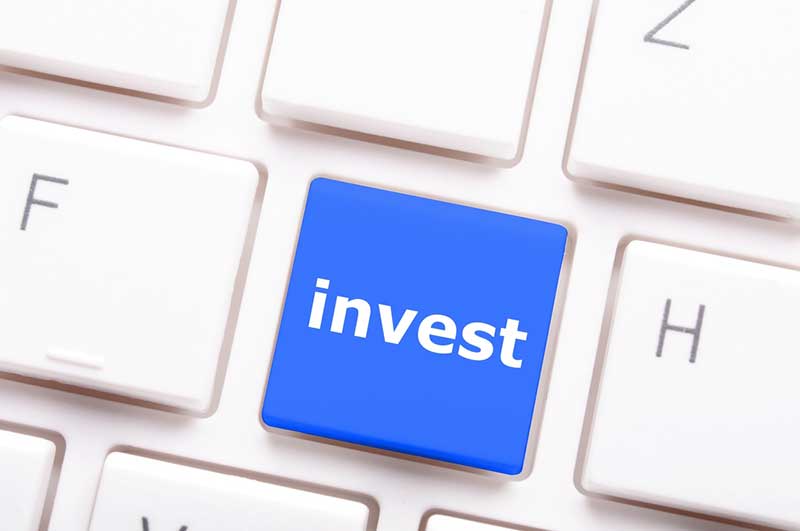Many investors who believe in the power of compounding tend to look for stable financial instruments for their portfolios, and they are always searching for opportunities to maximize their rate of return through higher interest. One example would be high-yield savings accounts, which try to compete with the ongoing interest rate market. Certificates of deposit also come to mind since they offer higher interest yields in exchange for longer periods during which investors do not have access to their funds unless they are willing to face monetary penalties.
Both high-yield savings accounts and CDs are stable and conservative investments that suit the compound interest strategy; however, we know that many compounding investors choose other instruments such as stocks and even cryptocurrencies because they can fit their portfolios and match their financial goals. High-yield corporate bonds may sound like they fit the criteria required to belong in a compound interest portfolio, but there is a good reason they are called junk bonds.
The Role of Junk Bonds in Investment Portfolios
Like other fixed-income corporate debt securities, high-yield bonds are essentially loans made to business issuers that promise higher interest rates because they are more likely to default; in other words, credit analysts do not have a lot of faith in the issuer’s ability to keep up interest payments or even the principal, which is called the face value, hence the junk label affixed to them. Junk bonds are not for risk-averse investors; they often feature a volatility that can be compared to high-volume stocks, and this has a direct impact on their market value.
you can sell junk bonds anytime
When it comes to the potential risk of bonds, their essence is the same, whether they are sovereign, corporate, or junk. Should the issuer get into financial trouble, bondholders could end up not receiving their interest payments, and the face value of the instrument may also fall prey to market conditions.
If no one is interested in buying the junk bonds you are holding, they will continue to lag behind. On the other hand, you can sell junk bonds anytime, and in the case of high-yield bonds issued by Tesla Motors in 2014 for $100 apiece, they were worth more than $570 in October 2020. Finally, these instruments do not compound automatically, so you will have to take care of that.

